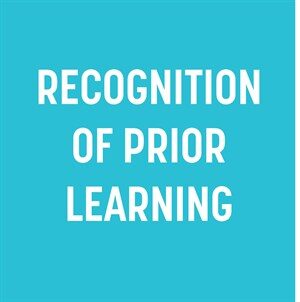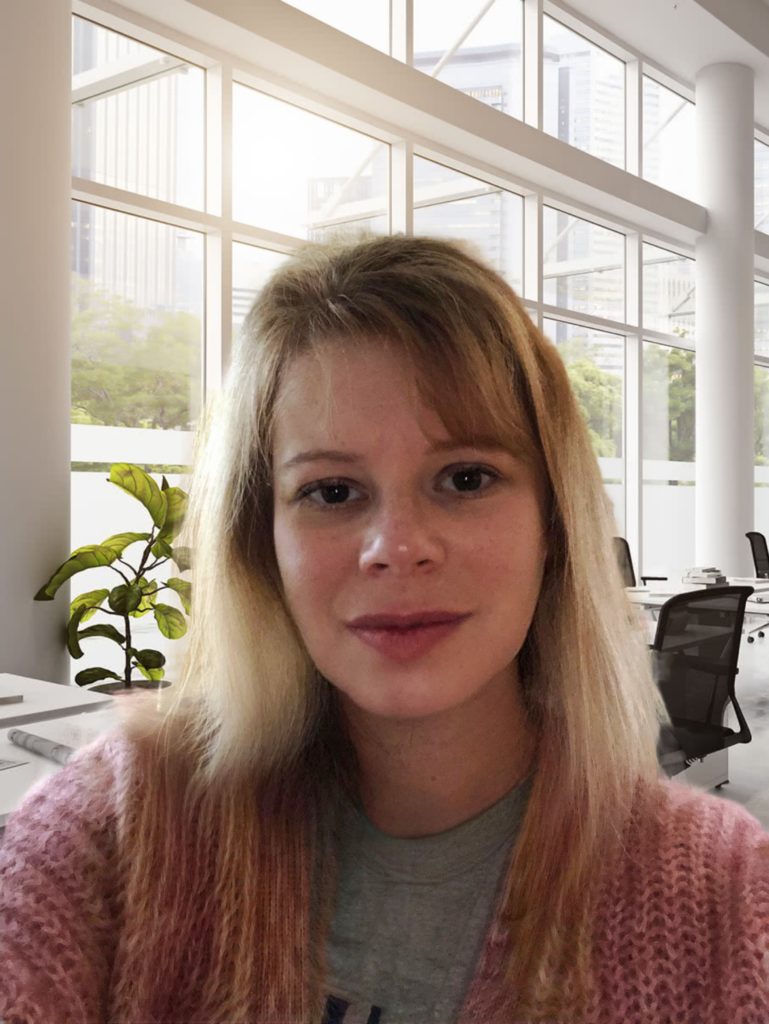
10th May 2022
Recognition of Prior Learning: case study series - Bridget Wheeler
British Athletics’ Recognition of Prior Learning (RPL) programme offers a unique opportunity for applicants to gain a UKA accredited coaching licence.
The programme – which is aimed at identifying, assessing and confirming the competencies a learner has obtained from other sources – enables applicants to be recognised against British Athletics’ coaching competencies.
RPL is not a coaching qualification course, but a pathway that can lead to an individual becoming an accredited coach. Applicants gather and submit evidence to support their application, which is then reviewed by an assigned assessor. The process is outlined in detail on the UK Athletics website.
This short series highlights a range of individuals from varied backgrounds who have successfully completed the RPL programme. It asks what motivated them to apply, where it might lead, and what advice they would share with others considering this pathway.
Bridget Wheeler
Qualification awarded: Athletics Coach Speed

I was a sprinter at university, and when I first started work as a trainee lawyer I continued my relationship with the university by offering to coach the women’s short sprinters (unpaid), drawing mainly on my own experiences.
In those days the British Amateur Athletic Board (BAAB) ran a series of courses. I did the basics to make sure I wasn’t breaking any cardinal rules, I read a lot, and I went with my gut. It worked very well at the time and I was lucky enough to attract several serious sprinters who trained hard and made brilliant progress as a result. I carried on coaching on that basis, in addition to doing my day job in a London law firm for another 10 years, before babies and my career made it too hard and my best sprinters faced similar competing calls on their time.
Fast forward 40 years and I felt detached from grassroots athletics – I had maintained a link to the sport as a spectator and organiser, but I had lost touch with the reality of ‘being a runner’. The coaching world had come a long way since I first got involved, but I felt there was still a place for someone who had lived the process and could perhaps better understand the needs and concerns of student athletes. I also thought that being more directly involved with athletes would assist me in doing a better job as chair of my club, which I believe it has. I approached two universities and my offer of unpaid assistance was accepted. I have spent the last eight years coaching short sprints and latterly long sprints, and I hope to carry on doing so for as long as possible.
My ancient BAAB qualifications had long lapsed and I was aware that I needed to be accredited as a current coach. Insurance and developed ideas on welfare, diversity and inclusivity were key considerations. As a lawyer, I’m familiar with risk assessment and steps that can and should be taken to reduce risk, but making those skills specific to athletics coaching was perhaps the biggest challenge. Ultimately, I decided to get licensed as a matter of good practice, although I was worried that taking the introductory courses could represent a great deal of duplication and take up a lot of time that I didn’t have.
It remained my ambition to give back freely to the sport that I love, but for a number of reasons – in particular my existing skills and experience and the fact that my chosen remit was event-specific with senior student athletes – I became frustrated that obtaining the current qualification through the traditional route was going to be too hard to achieve simply because of the time constraints. I spoke to another coach who told me that she had asked about “grandfathering in”. I made contact with UKA who identified potentially transferable skills from my business life and previous and on-going work as a coach, and pointed me towards the RPL process. UKA staff were extremely approachable and well informed (and far easier for me to deal with than the website!).
I wasn’t entirely sure what the RPL required. In fact, had it not been for my assessor who was patient and thorough and able to tease out my relevant experience to support my application, I think I might have failed to progress or given up. It certainly wasn’t a quick, cheap or easy process – the scheme requires passing several on-line courses which at my age were challenging – but it was flexible and inclusive.
Overall, the RPL process helped me see things from a different perspective. Working through the process has also brought to my attention other online resources, for example I’ve recently done the introductory officials’ course.
If you’re interested in trying to gain accreditation through this route, make sure it represents your level of experience and knowledge. If, like me, you are daunted by having to sit through the introductory courses when you (possibly) already possess the necessary skills, don’t be put off, the RPL route may well cut out duplication and lip service. If in doubt, contact UKA, it’s surprising how many of the skills you might take for granted in your daily life are transferable.
What’s next for me? I’d like to add to my skill sets with complementary courses, for example increasing my specific knowledge of jumps and hurdles, but essentially my aims are to continue to assist at grassroots level with student athletes and to help them navigate university life and become better and more successful runners, as well as to form longer term coaching relationships with athletes that stay the course and continue to run after they finish studying, which can be extremely rewarding.


